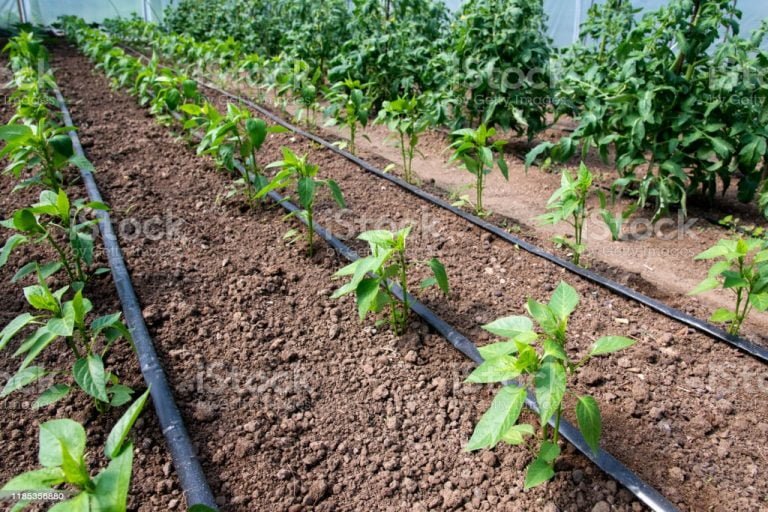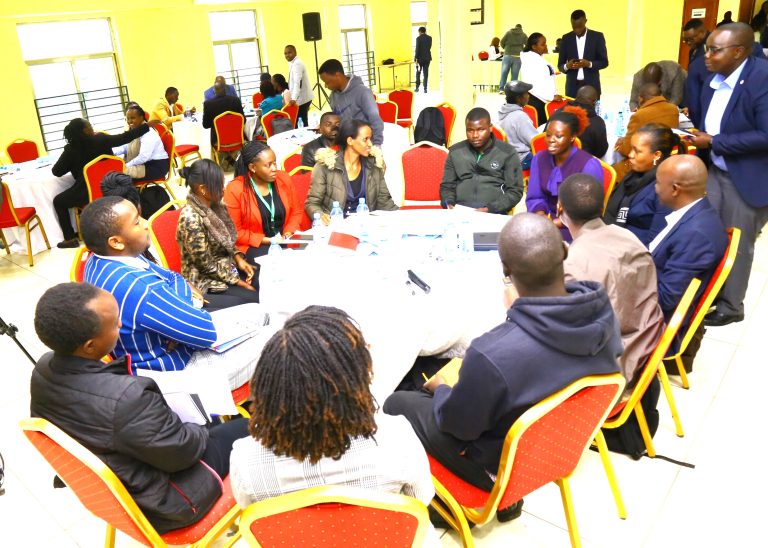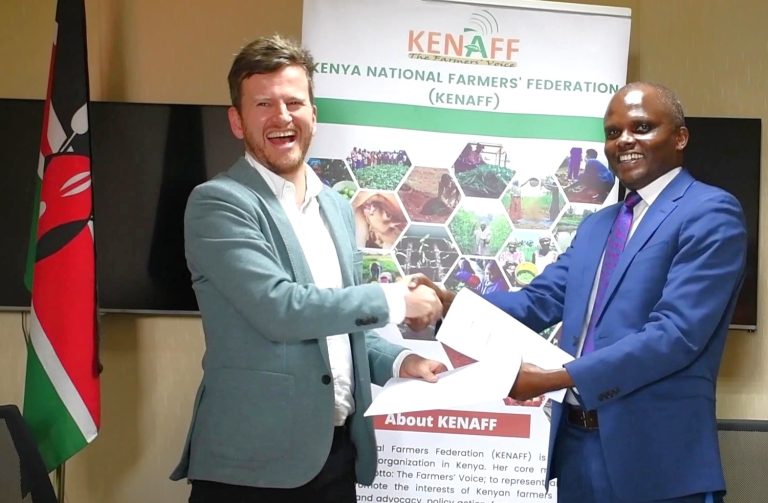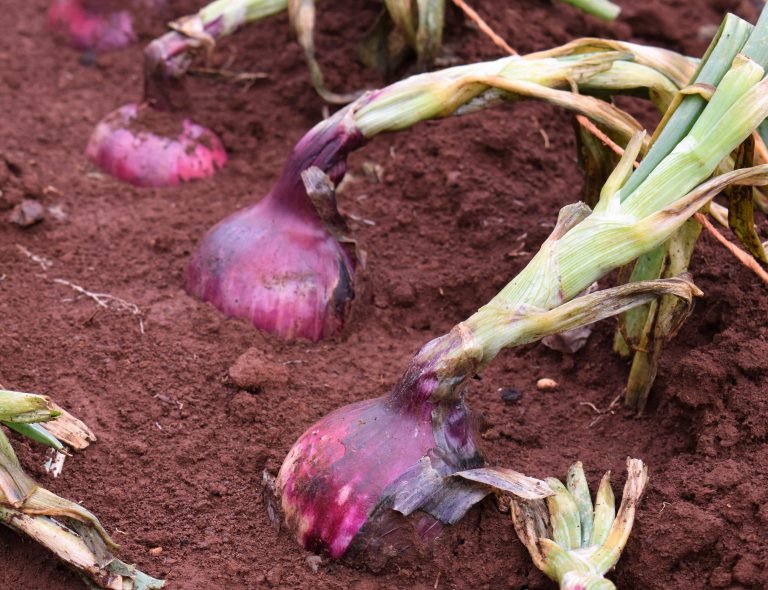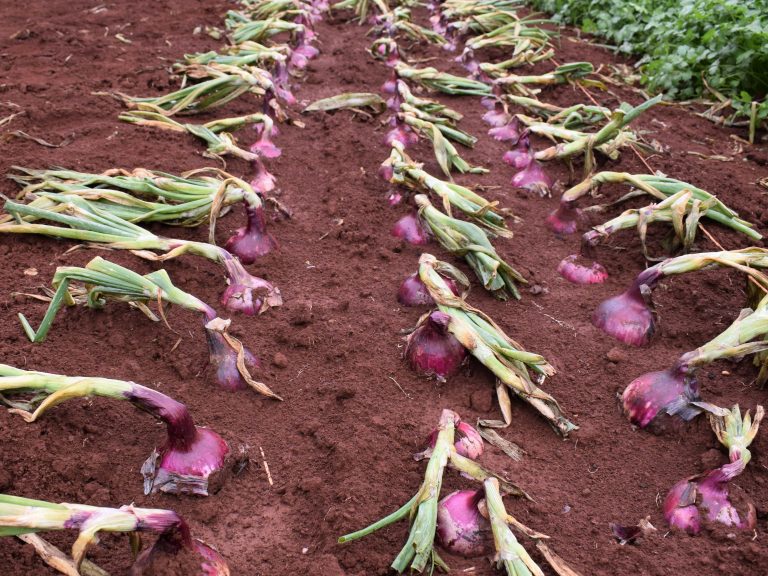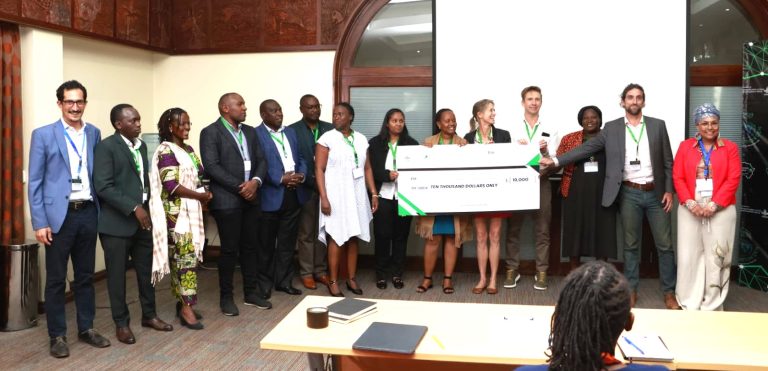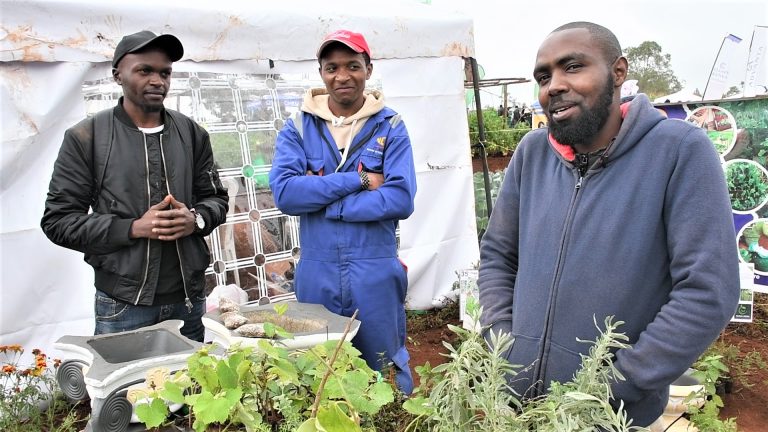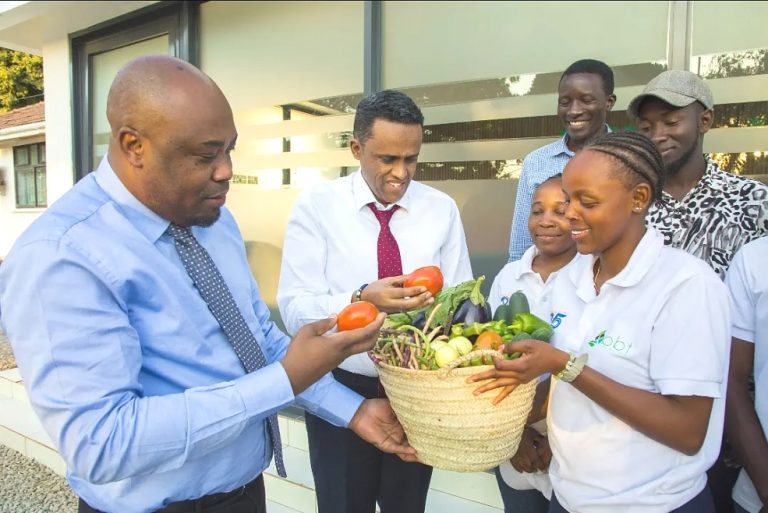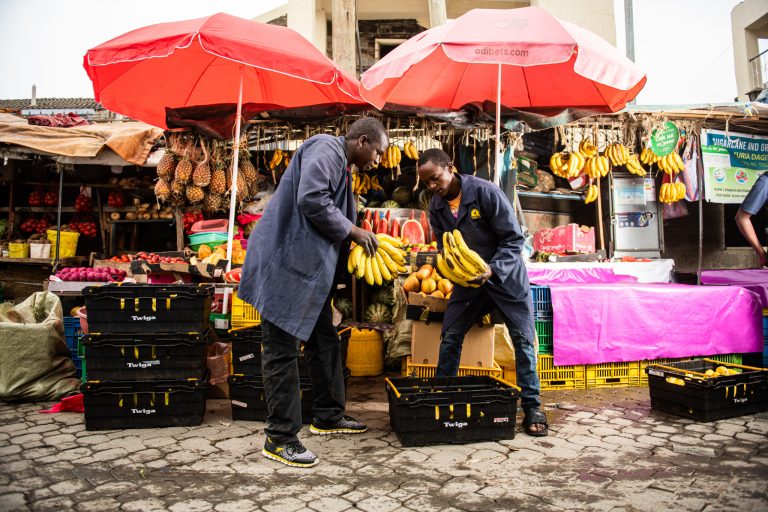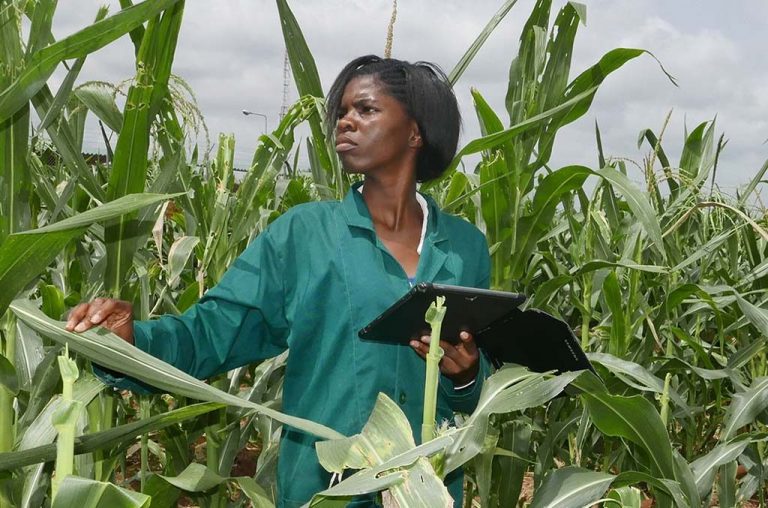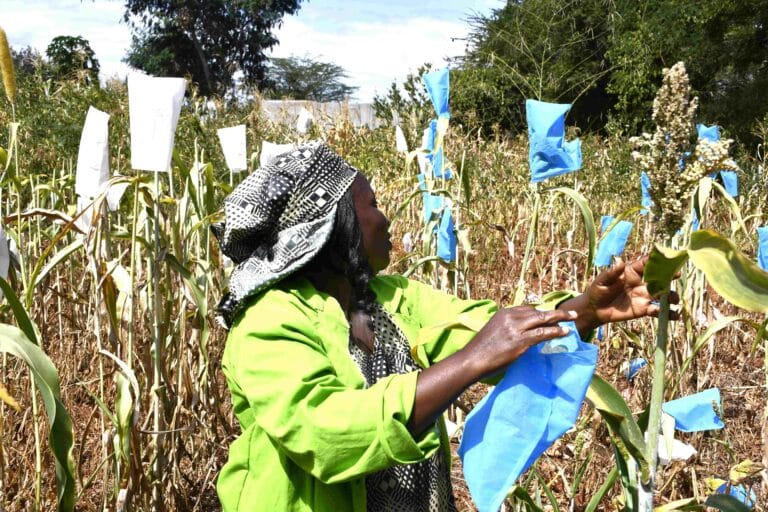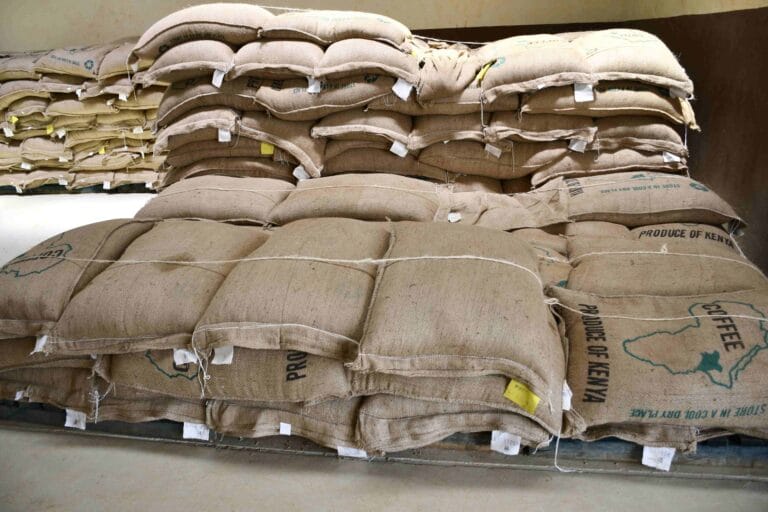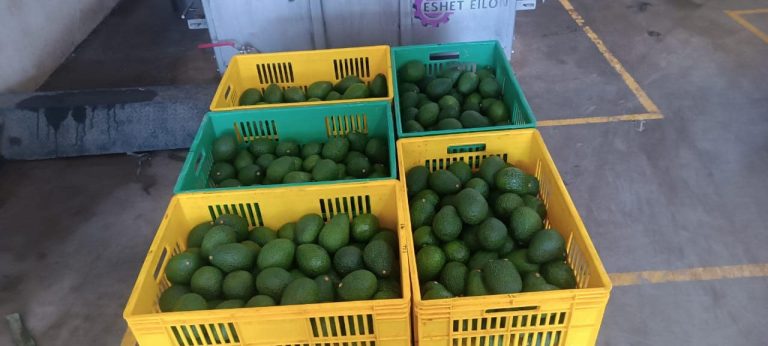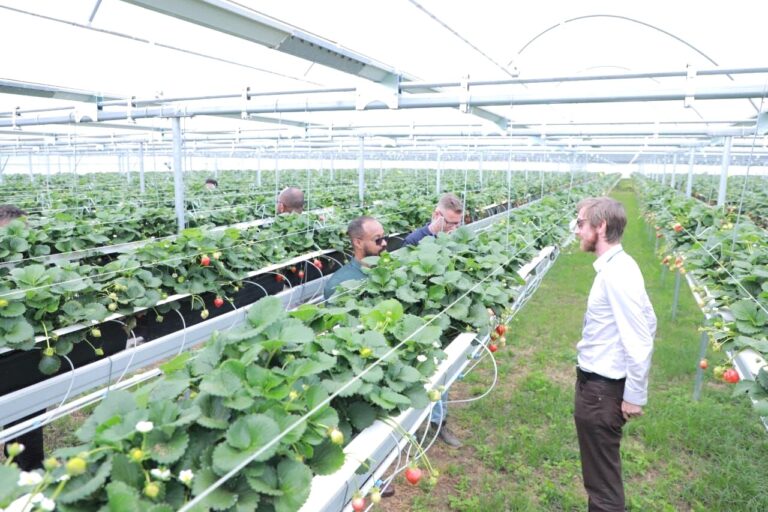Youth unemployment remains a critical challenge in developing countries, especially in Sub-Saharan Africa where the rate of youth unemployment is one of the highest in the world. While graduate unemployment is a major concern for the government of the Republic of Benin, a study carried out under the IITA–CARE project being sponsored by IFAD across 10 countries in Africa, explored factors that can influence youth in Benin to venture into agribusiness.
Despite the opportunities for self-employment in agribusiness, a percentage of young graduates in the Republic of Benin still seek scarce blue and white-collar jobs. According to the research, agriculture graduates seek off-farm employment rather than agribusiness as a career.
Rodrigue Kaki, one of the project’s young researchers who carried out the research stated that understanding why youths, especially students of agriculture rarely venture into agribusiness may help policymakers plan strategically on how to attract more youths into agribusiness in the Republic of Benin.
With over two hundred thousand young people, which was over 17% of Benin’s citizens between the ages of 15-24 in 2011, were neither employed nor in education or training; and a higher share of young women (23%) are unemployed than young men (11%), according to an ILO report, Kaki reveals that research carried out across four universities in the country, showed a significant number of young people with no plans of venturing into agribusiness after graduation.
According to the research, a mindset change is one of the factors that can increase youth engagement in agriculture, as students who had a positive perception of the agribusiness environment were the most amenable to joining the sector.
Calling on policymakers in the Republic of Benin to incorporate entrepreneurship into the curriculum of agricultural faculties and universities, Kaki also recommended improving the overall agribusiness environment. He added that the government can invest in infrastructure that improves the competitiveness of the economy in general, and is essential for the agriculture sector in the country.
With funding from the International Fund for Agricultural Development (IFAD), the Enhancing Capacity to Apply Research Evidence in policy for youth engagement in agribusiness and rural economic activities in Africa project, being implemented by the International Institute of Tropical Agriculture (IITA), aims to strengthen the capacity of young African scholars in generating and disseminating evidence-based research results to inform future action plans for governments, policymakers, & rural communities.
According to the project Communication person, Timilehin Osunde, the IITA-CARE project presently has 80 awardees across Africa from countries such as Benin, Cameroon, DR Congo, Malawi, Morocco, Nigeria, Rwanda, Senegal, Tanzania, and Zambia.



